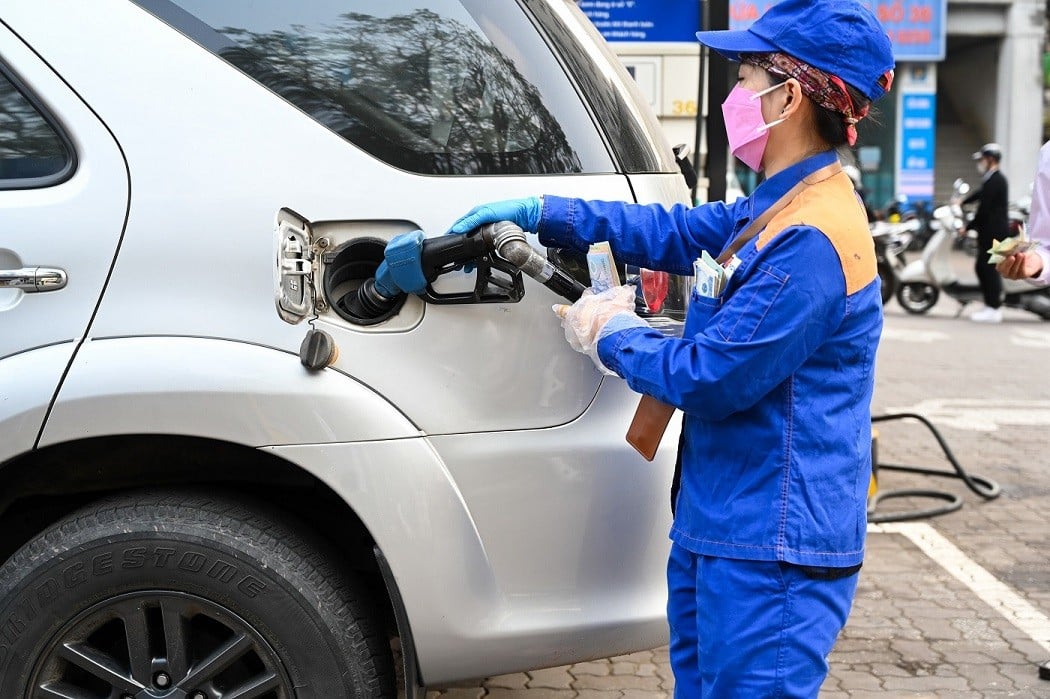 |
| Vietnam is a rare country that simultaneously imposes special consumption tax and environmental protection tax on petroleum products. (Source: Lao Dong Newspaper) |
Tax on tax
A series of shortcomings in the petroleum market, including tax burden, were raised by the Vietnam Center for Economic and Strategic Studies (VESS) in the research report "Characteristics of the Vietnamese petroleum market and their impact on household welfare".
According to this report, each liter of gasoline and oil sold is currently subject to taxes such as: value added tax (10%), import tax (about 10%), special consumption tax (8-10%) and environmental protection tax. This means that the tax burden on consumers is increasing.
VESS's research suggests that the regulations in Decree 95/2021/ND-CP and Decree 83/2014/ND-CP are intended to maintain the stability of the petroleum market, but these policies also indirectly cause negative impacts on the market and stakeholders participating in the market, with many traces of interest groups wanting to maintain their position.
Associate Professor, Dr. Nguyen Duc Thanh, Director of VESS pointed out: “The current method of calculating base prices has many weaknesses, causing base gasoline prices to not accurately reflect actual gasoline prices and not keep up with changes in gasoline prices in the international market.”
Specifically, calculating taxes entirely on a proportional basis (import tax, special consumption tax, value added tax) can make budget revenue passive when world prices suddenly decrease or "amplify" domestic prices when world prices increase sharply (acceleration effect).
From the business perspective, Ms. Nguyen Thi Bich Huong, Chairwoman of the Petroleum Association (Vietnam Association of Small and Medium Enterprises) reflected: “The current method of calculating taxes on petroleum products is a tax-on-tax model, when directly applying two special consumption taxes and environmental protection taxes to petroleum products at the same time. The Government needs to compare many issues when comparing petroleum prices in Vietnam with petroleum prices in many countries and regions, thereby creating a basis for stabilizing petroleum production and trading activities, in line with the general price level”.
Proposal to change tax calculation method soon
“Vietnam may face inflation, tax increases, and input prices rising when gasoline prices are high because gasoline costs are considered one of the input costs of production. With a tax rate of 25% (in 2022), it may no longer be suitable for the current context of unusual fluctuations in world gasoline prices,” Mr. Nguyen Duc Thanh emphasized.
Changing the way taxes are imposed on petroleum products could significantly change retail gasoline prices. At the same time, issues such as passive revenue when world prices decrease, or increased price burden when world prices increase sharply, would be resolved harmoniously.
“Controlling and regulating petrol prices helps the Government ensure energy security and stabilize the market economy because petrol is one of the important input costs that make up the prices of other products. However, controlling petrol prices can cause retail businesses to suffer losses and be forced to close down or withdraw from the market because the base petrol price is not close to the actual price of the business,” said a representative of a petrol business.
The way gasoline prices are calculated is not suitable for the market, which was also raised by the National Assembly's Economic Committee when examining the supplementary report on socio-economic development in 2022 and the first months of 2023. According to this agency, the way gasoline retail prices are calculated is not suitable for market fluctuations, is not competitive and is not enough to cover business costs for retail businesses. This calculation also affects the interests of consumers when the base gasoline price is higher than the actual domestic gasoline price.
Therefore, the Government and relevant agencies and sectors need to correctly and fully calculate the basic gasoline price, ensuring a harmonious balance of interests among consumers, retailers and the State.
To allow the market to operate its own gasoline prices under State supervision, which can help increase market freedom, the Government should consider researching the formation and construction of a domestic gasoline supply exchange to influence core gasoline prices in calculating base prices, as well as solve the problem of national gasoline reserves.
Making proposals to reform the petroleum market, the VESS research team emphasized the need to separate market segments in the supply chain (import-export, distribution, agents, retail...) to increase the specialization of each segment and the competitiveness in each segment.
At the same time, carry out market reforms towards increasing competitiveness in all market segments of the entire supply chain through reducing business conditions.
Accordingly, clearly identifying different markets (import-export, distribution, agency, retail, etc.) requires designing separate motivation systems and operating mechanisms to increase specialization and competitiveness in each market.
Amending relevant policies such as market operation regulations, discounts, allowing retail businesses to import gasoline from many different sources. This will create competition in retail gasoline price/quality among businesses, indirectly benefiting consumers.
Source



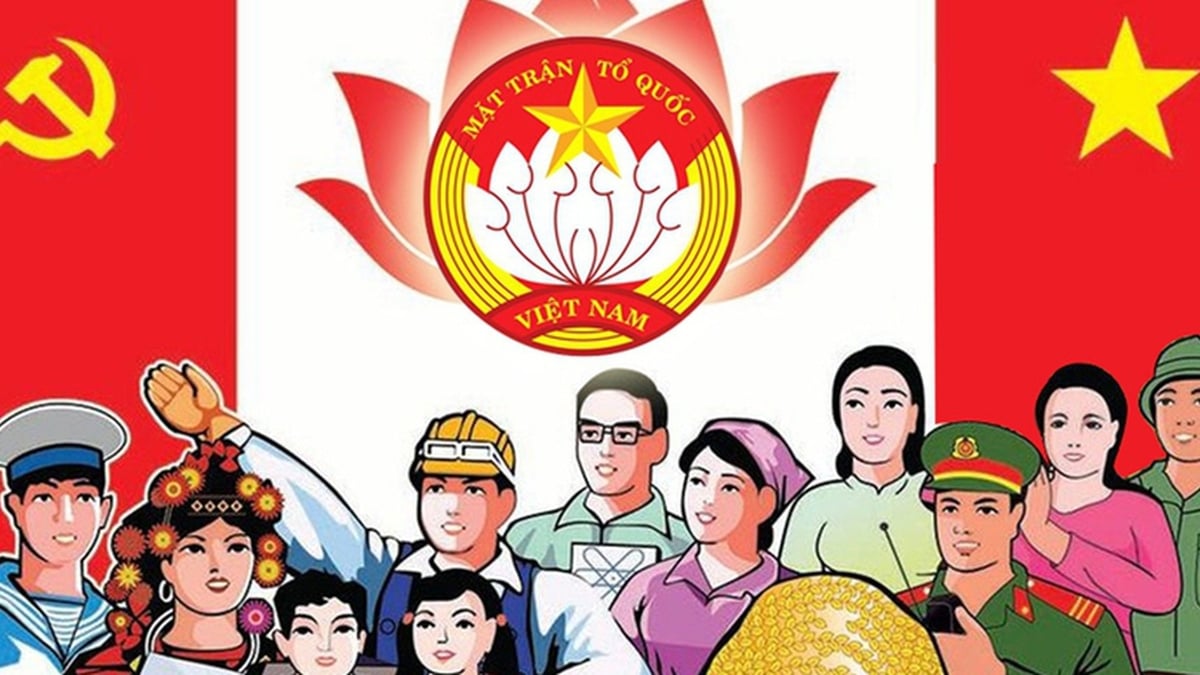
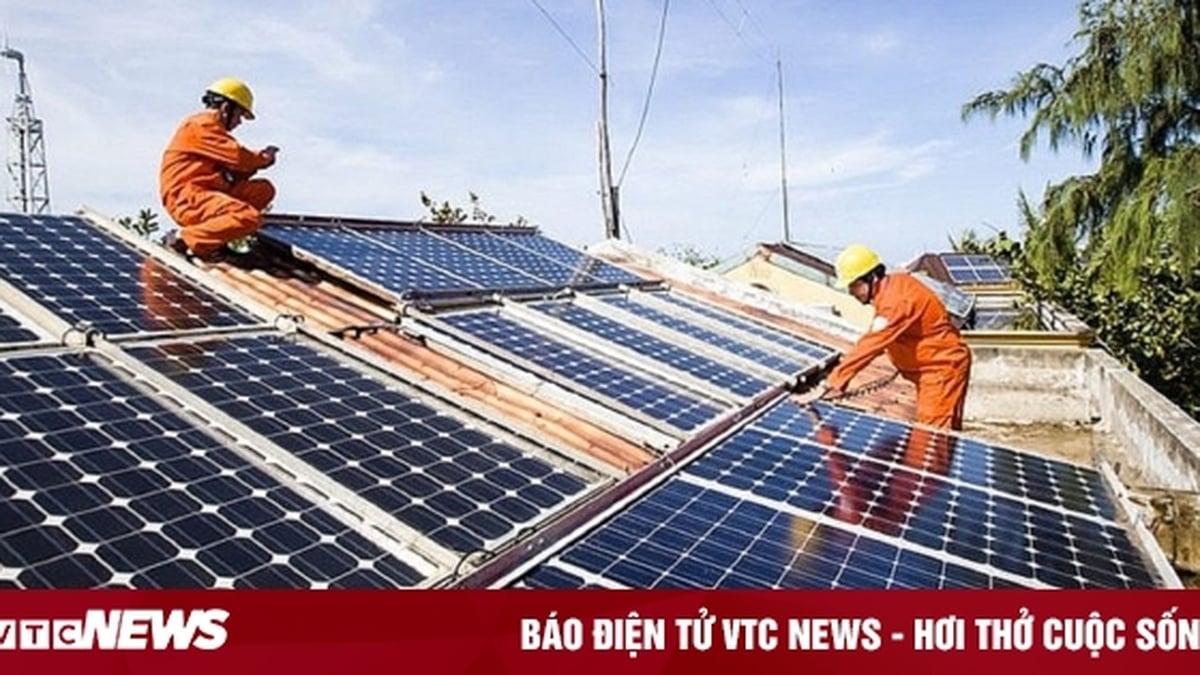

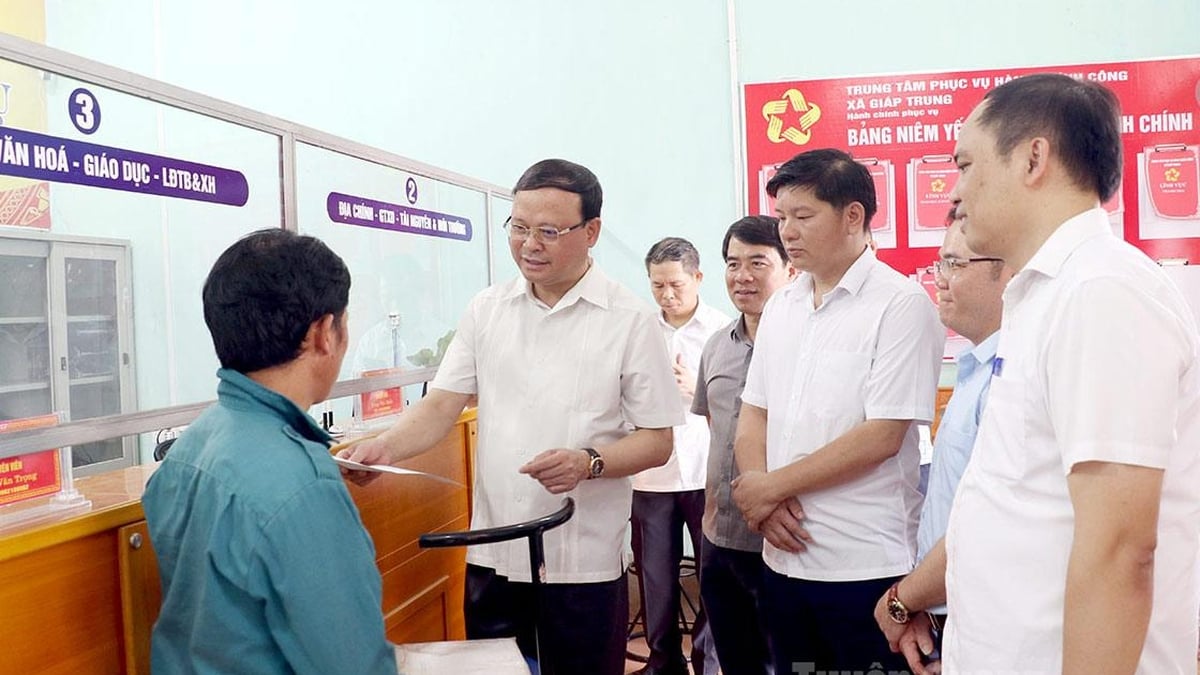
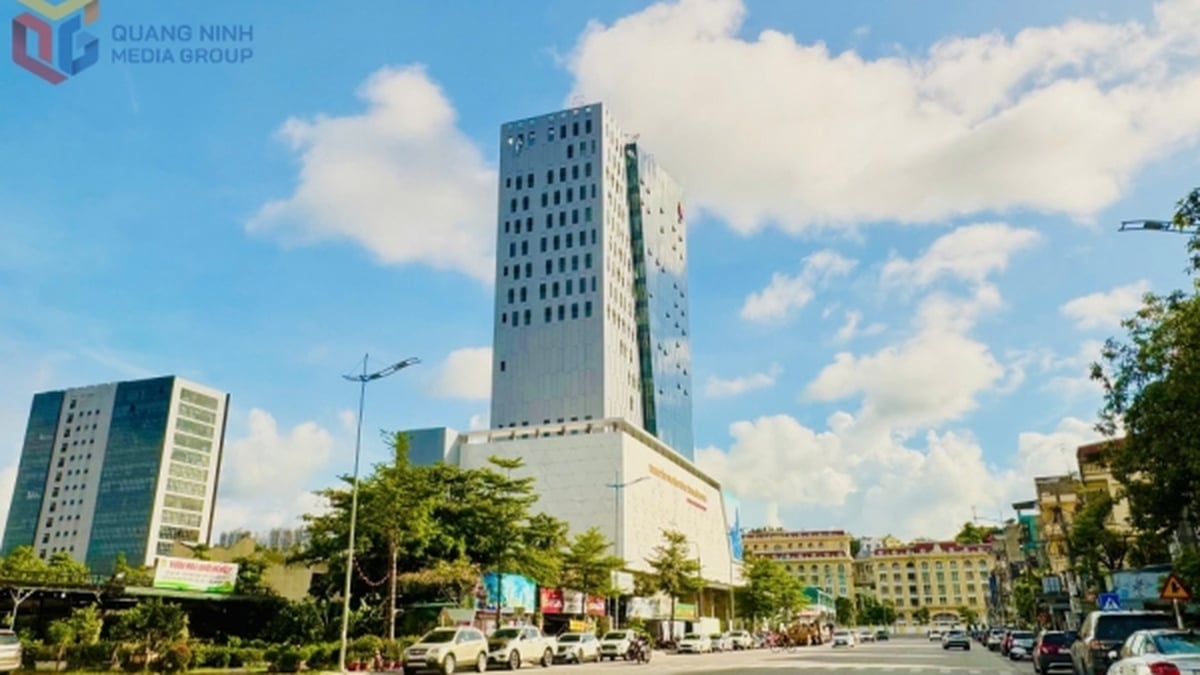
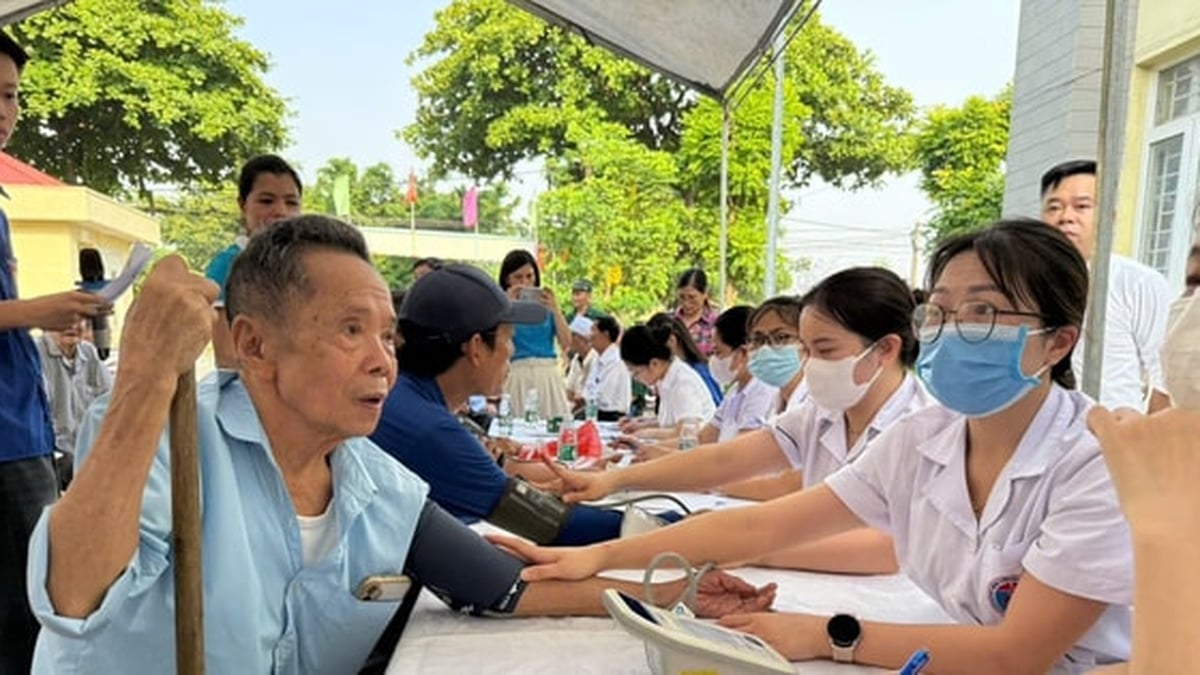
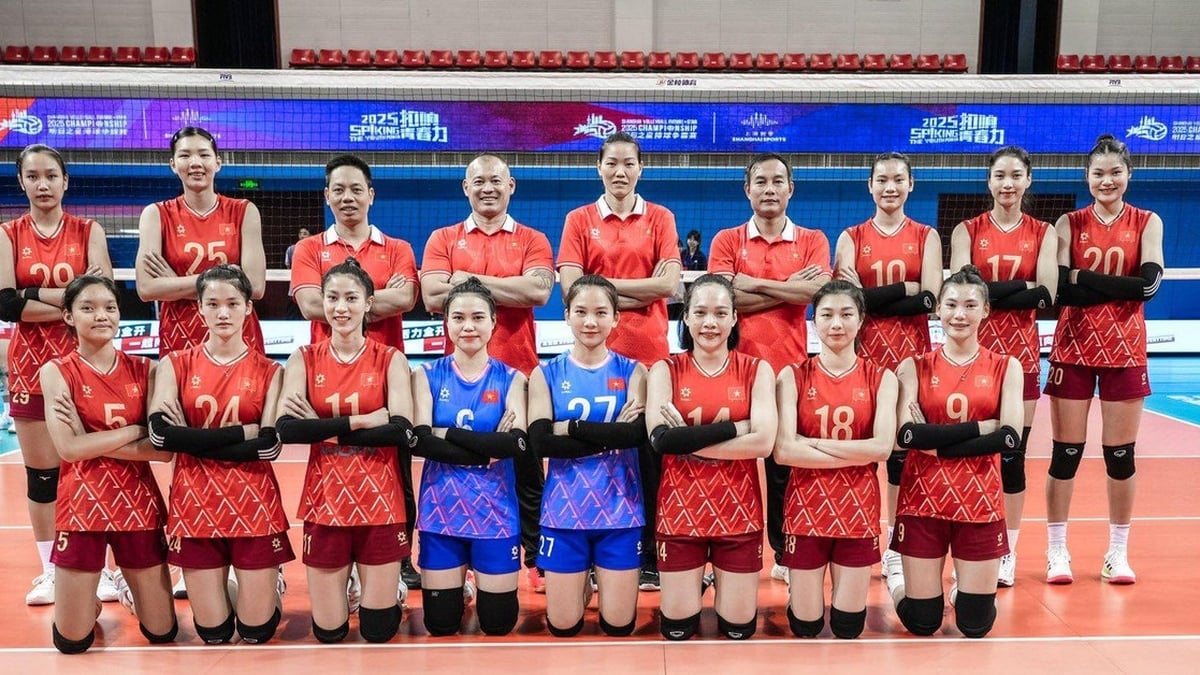

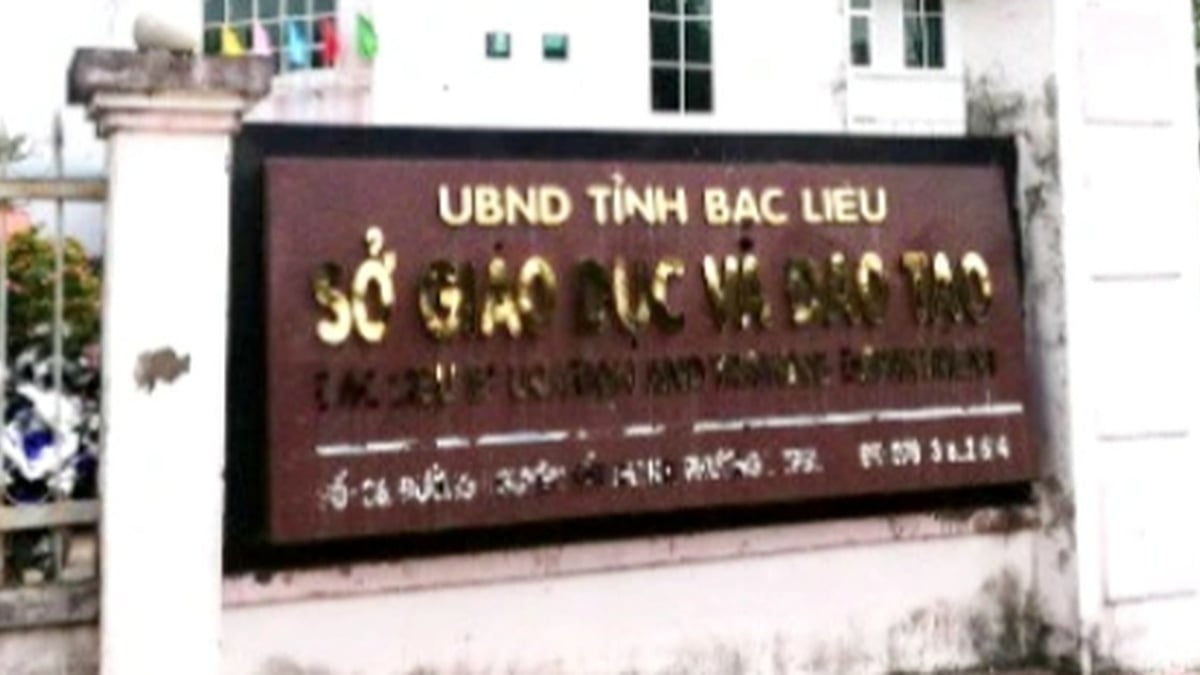























































































Comment (0)